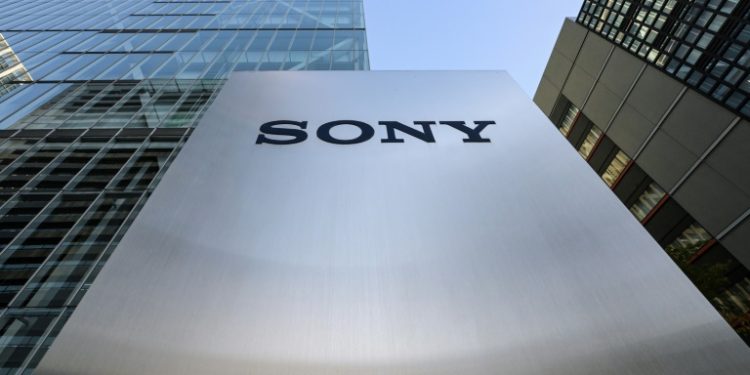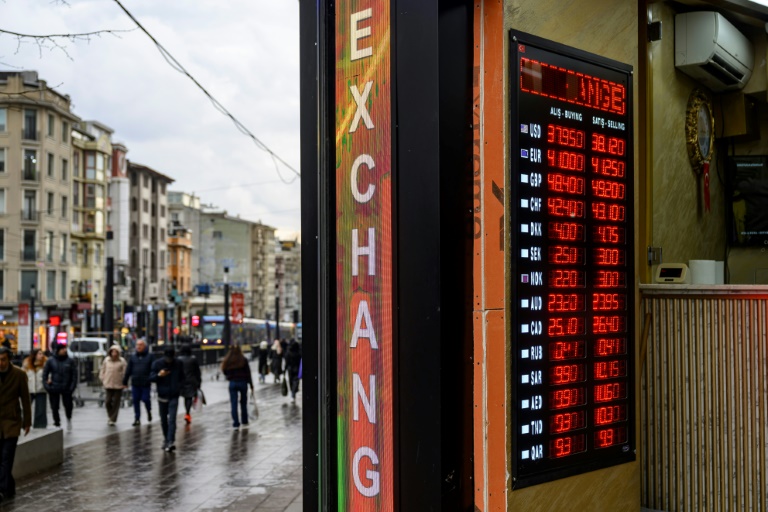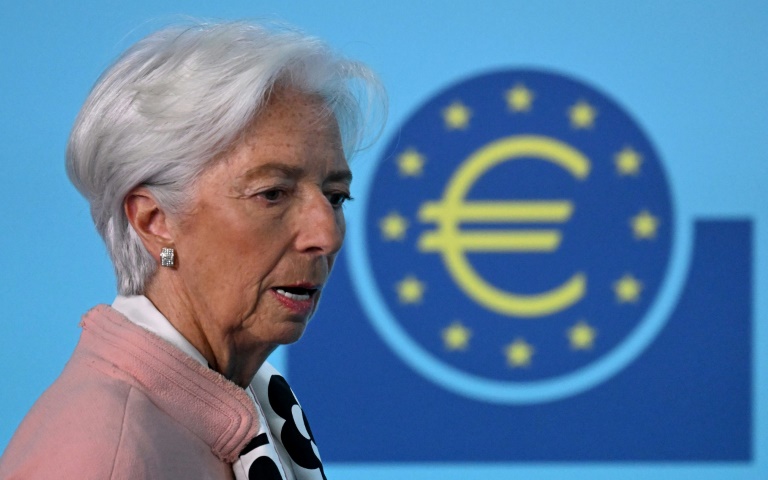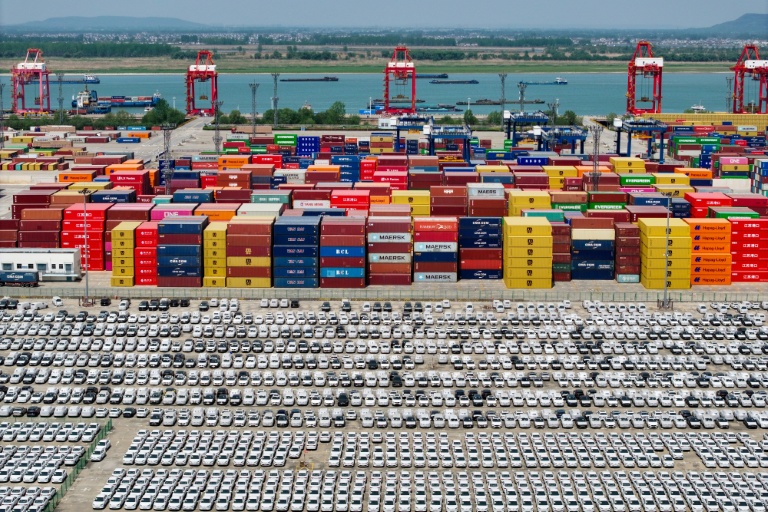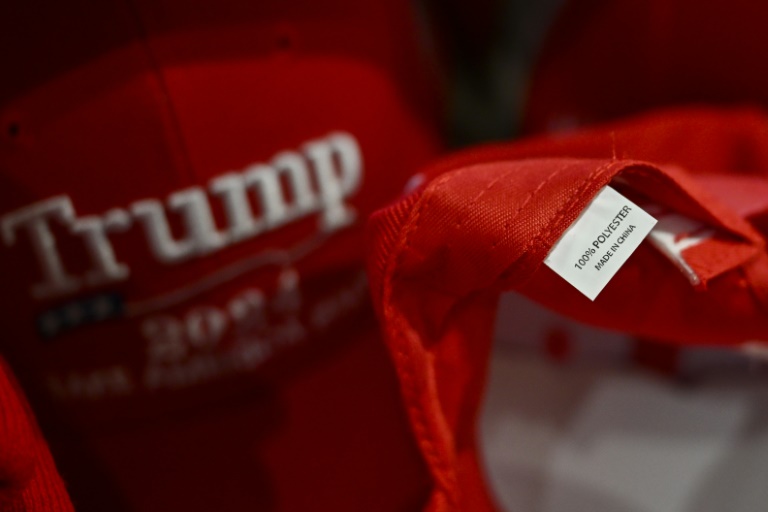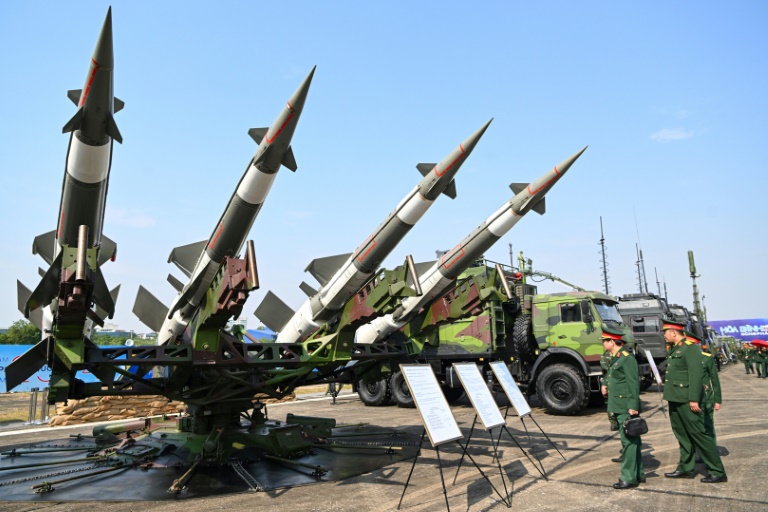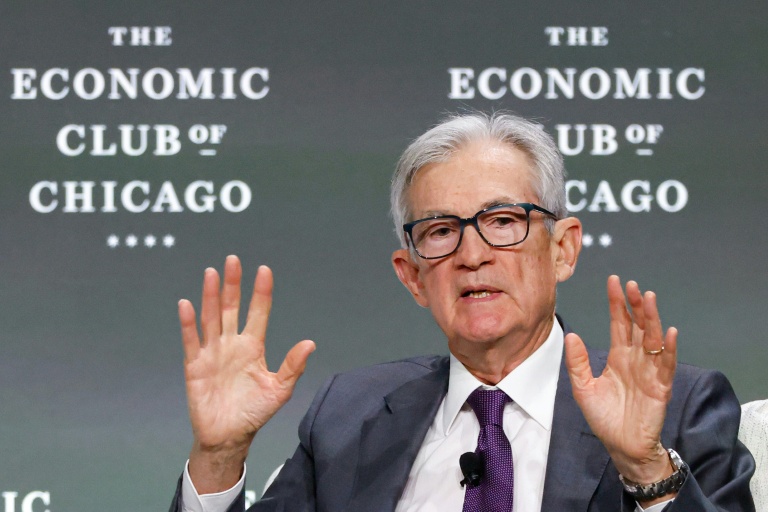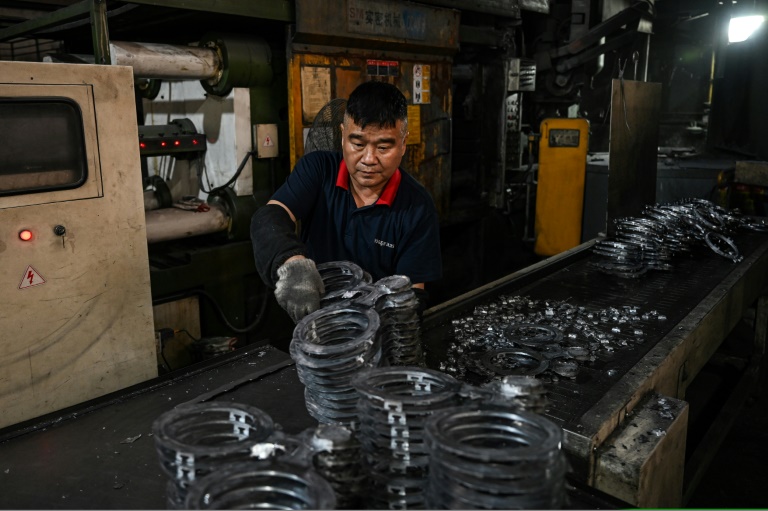Taipei (AFP) – Taiwan’s Foxconn is in talks with French auto giant Renault to buy its major stake in Japanese carmaker Nissan, a report said Thursday, after the Japanese firm rebuffed its inquiries about an investment.
The development comes after reports on Wednesday that Nissan and local rival Honda were in talks about a merger to help them compete against Tesla and Chinese electric vehicle makers. Foxconn, also known by its official name Hon Hai Precision Industry, is the world’s largest contract electronics manufacturer and builds devices for major tech companies, including Apple’s iPhones. But it has been moving to diversify beyond electronics assembly, pushing into areas ranging from electric vehicles to semiconductors and servers.
Taiwan’s Central News Agency cited unnamed industry sources as saying Jun Seki, Foxconn’s chief strategy officer for EV, had gone to France to negotiate with Renault, which owns a significant stake in Nissan. The report said Foxconn “had directly expressed” its willingness to Nissan to buy equity but after “Nissan did not agree” it approached Renault. “Seki and his team are currently negotiating with Renault in France, hoping that Renault will be willing to release its equity in Nissan to Hon Hai,” the report added. Foxconn was not immediately available for comment.
Nissan and Honda, Japan’s number two and three automakers behind Toyota, were said to be in preliminary discussions on a tie-up, having agreed in March to explore a strategic partnership on EVs. Bloomberg reported Wednesday that an approach by Foxconn to take a controlling stake in Nissan accelerated discussions with Honda. Foxconn is looking to expand into the Japanese EV market and chairman Young Liu said at an earnings call last month that the company was in talks with “two Japanese carmakers” hoping to sign contracts in the next few months, without providing details.
Nissan has suffered a turbulent decade that included an attempted major alliance with France’s Renault that saw its former boss Carlos Ghosn arrested in 2018. Last month, it announced 9,000 job cuts, slashed its sales forecasts and said it would reduce global production capacity by 20 percent.
© 2024 AFP

